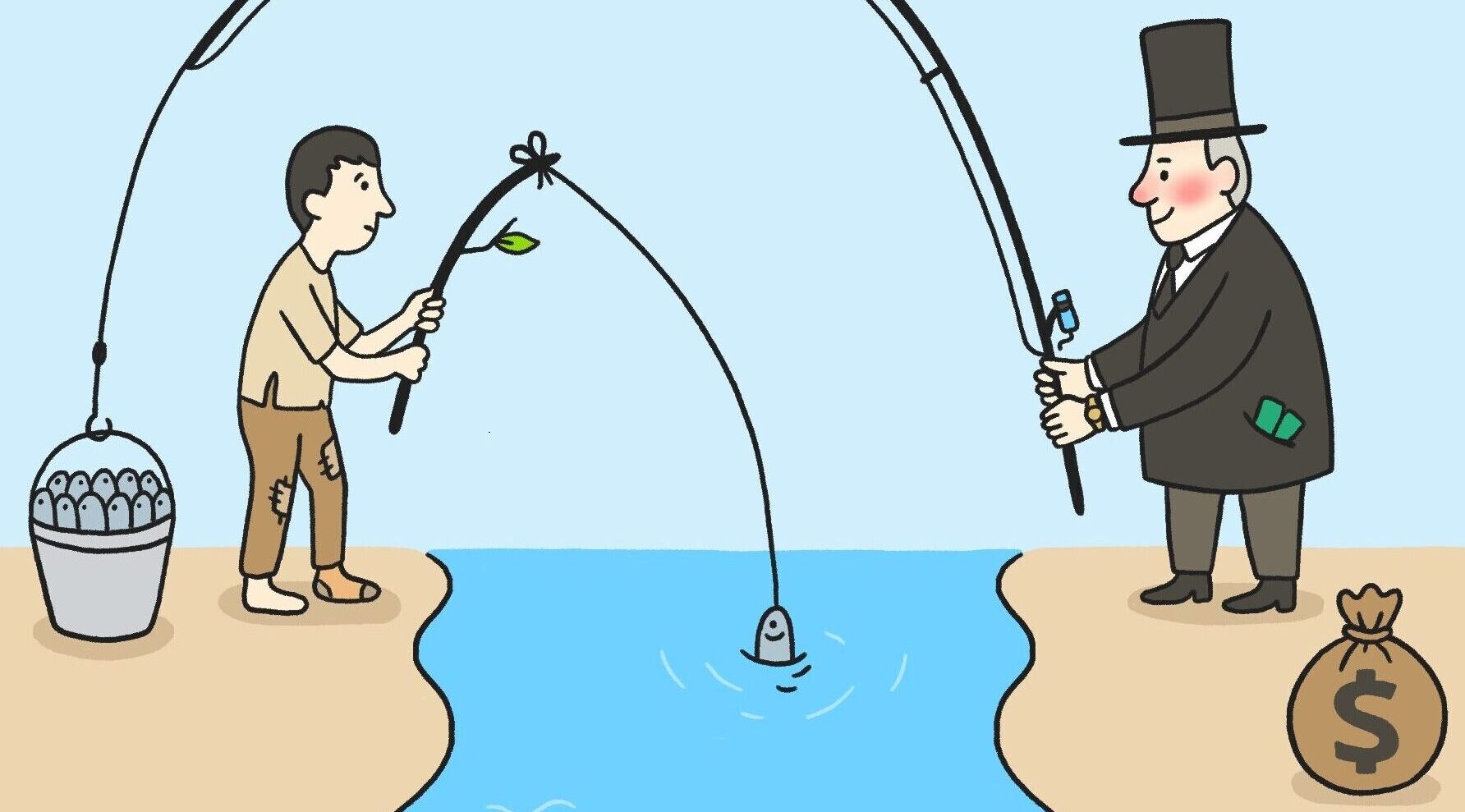The 18. International Vernon Smith Prize Contest
 18. International Vernon Smith Prize
18. International Vernon Smith Prize
The 18th International Vernon Smith Prize was an essay competition for the advancement of Austrian Economics – sponsored and organized by ECAEF – European Center of Austrian Economics Foundation, Vaduz (Principality of Liechtenstein).
The Award Ceremony took place on February 18, 2025 in Vaduz:


2026 Topic: Are the Poor getting Poorer because the Rich are getting Richer?
The winners and the winning essays of the 18. edition of the Vernon Smith Prize were the following:
It’s hard to think that Mark Zuckerberg is actually impoverishing anyone by getting rich with Facebook.
Angus Deaton (Nobel Prize 2015)
Those who seek to easily stir up passions with inflammatory phrases and secure the applause of their trusting audience are often citing alarming reports that claim that some 50 super-rich people own as much as about half the world’s population, combined. Oxfam’s annually published Takers not Makers Report, is a case in point. This narrative suggests an apodictic conclusion that the rich are rich at the expense of the poor or conversely the poor are poor because the rich are getting richer.
By and large these envy based accounts use a misleading methodology and also rest on the illusory truth effect. In other words, the repeated exposure to false information yields the feeling of familiarity of the readership and eventually is mistaken for truth. It is most likely for these reasons that these reports command today’s economic and socio-political discussions. Understanding these misconceptions is essential when thinking through many moral, economic, and policy questions.
A simple logical error renders these widespread narratives wrong. As neither the economy nor a real life situation is ever static or a zero-sum game, the advance of one person can never be based on or being equal to the loss of another. This idea can only be correct if one assumes that the entire economic ‘pie’ to be distributed remains the same size or even shrinks. In other words, a zero-sum game is a win-lose scenario and refers to situations in which only one person can win, like tennis. Thus, according to the doctrine of ‘social justice’ no equal distribution of wealth can exist because transactions between people constantly change their situations and well-meaning socio-economic interventions enforced by a government will eventually destroy all creativity to move out of poverty.
If we were to assume a static society in which wealth is predetermined, we will indeed note that the rich becoming richer due to the fact that other people are becoming poorer. I.e. the more the rich get the fewer is left over for the poor and people can only better themselves at the expense of others. However, the real world is dynamic and the size of the ‘pie’ is never fixed. For well over 200 years, zero-sum thinking was not only the source of socialist theories. This flawed philosophy still concludes that these 50+ super-rich people are so wealthy because they discriminate and exploit about half the world’s population. However, poverty is not fought by pitting rich and poor against each other. What is urgently needed are opportunities for the world’s poor to participating in democratic institutions, clear property rights protected by the Rule of Law and having unconstraint access to free markets.
The International Vernon Smith Prize has been established in 2008 by ECAEF for the advancement of Austrian Economics. It is named after Professor Vernon Lomax Smith (born on January 1, 1927). He is professor of economics at Chapman University’s Argyros School of Business and Economics and School of Law in Orange, California, a research scholar at George Mason University Interdisciplinary Center for Economic Science, and a Fellow of the Mercatus Center, all in Arlington, Virginia. Smith shared the 2002 Nobel Memorial Prize in Economic Sciences with Daniel Kahneman. He is also the founder and president of the International Foundation for Research in Experimental Economics, a Member of the Board of Advisors for The Independent Institute, and a Senior Fellow at the Cato Institute in Washington D.C.

































